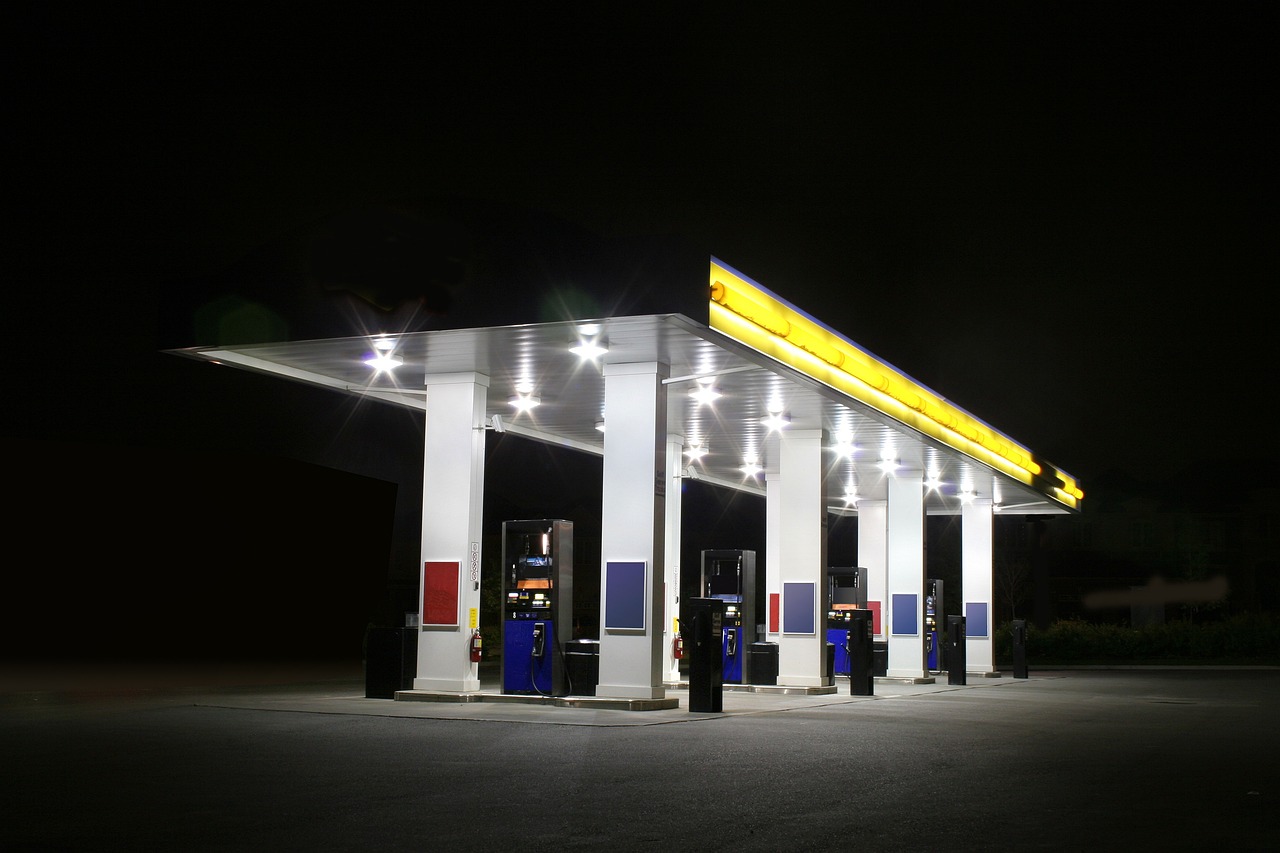NEW PARADIGM
Newsletter: When the market better not fix it / Short Cut Re-live
From our Forum New Economy newsletter series
BY
THOMAS FRICKEPUBLISHED
14. FEBRUARY 2025READING TIME
2 MIN
For years, liberal politicians and economists have been preaching that climate policy must finally let the market work when it comes to pricing bad CO2. This is what is intended with the ETS2, which is supposed to price transport and housing from 2027. It is all the more astonishing that this week, the FDP voted against it when it came to approving this ETS2 in the Bundestag. Clearly, because behind the noble principle, there is much less beauty in reality – more expensive fuel and heating. And because before the vote, ADAC and Bild-Zeitung had already started to complain (“petrol hammer”) – claiming that prices might rise by around 38 cents per liter of gasoline as a result.
The case amazed staunchly liberal experts like Veronika Grimm, but in reality, it could only give a foretaste of the fate that ETS2 faces when it is really about to be implemented in 2026, Bild and others start to scream loudly – and also CDU and SPD might no longer stand so firmly behind it. The Greens have also learned recently.
Our recently published surveys confirm how little support the old climate-economic guiding principle of instructive price increases still has among the country and its people. Only 48 per cent of Germans still agree with the principle that politics should “make everything that is harmful to the climate more expensive” – 43 per cent do not. Remarkably, even among FDP voters, approval is still at 60 per cent.
People don´t seem to be bothered by the principle itself. Making driving or heating more expensive is only unfair as long as there are “no affordable alternatives” – say 84 per cent. It is better to reward and subsidize climate-friendly behaviour (79 per cent). Such high approval rates also speak against the idea that Germans have suddenly all become climate deniers or are no longer interested in the climate, as politicians do during the election campaign. They just want to be empowered – through positive incentives, instead of coercion or punitive high prices. Message to those who will govern in the future. Whoever that will be.
The complete evaluation of the survey can be read here. Recently, Jens Südekum, Maja Göpel, and Achim Wambach discussed it with us – in the re-live here. We will soon publish a more detailed evaluation of recent US climate policy through massive positive incentives as a Forum study – stay tuned.
Have a good weekend,
Thomas Fricke
This text is from our bi-weekly newsletter series. To subscribe, click here.
